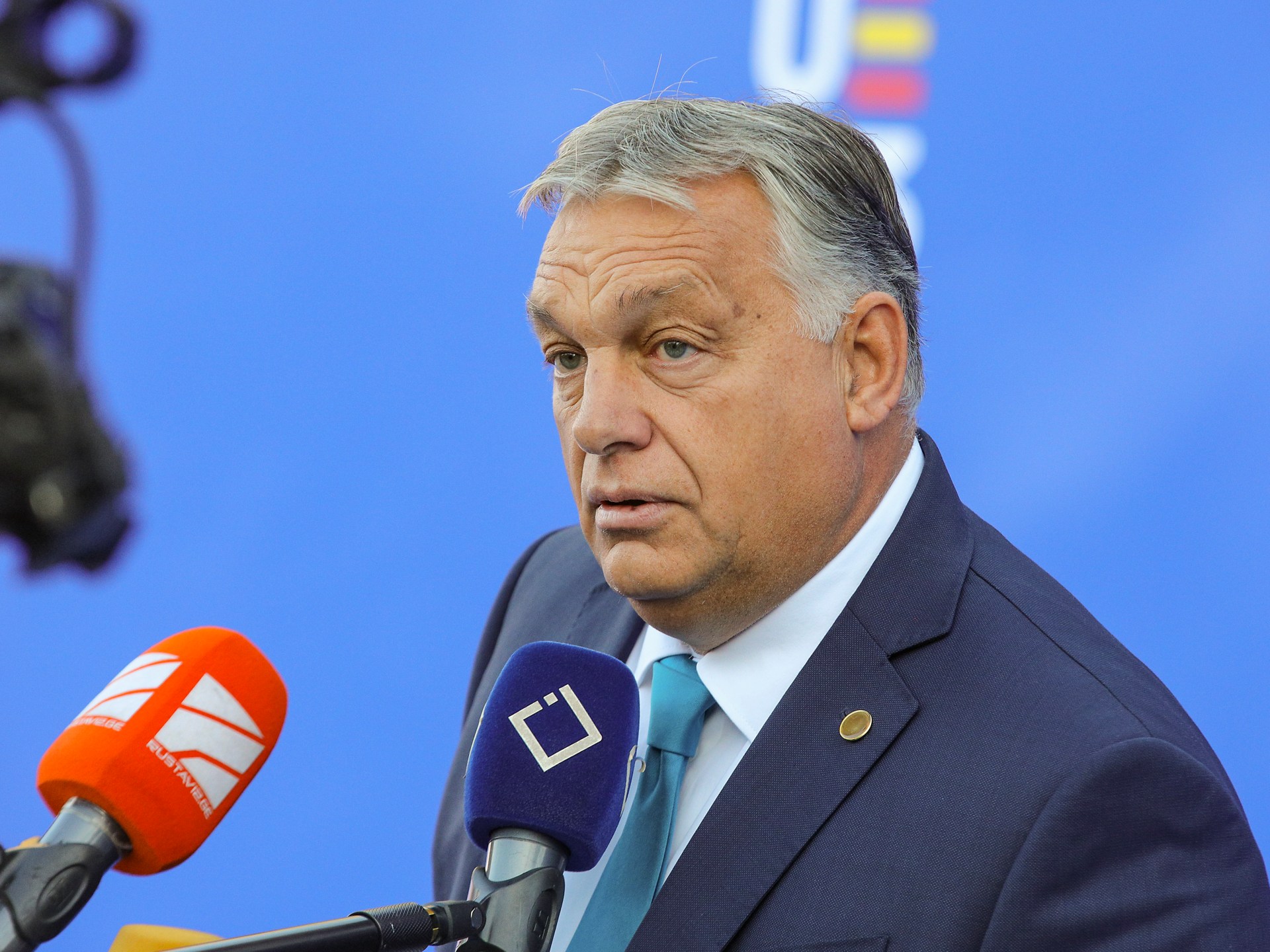A dream deferred? An Olympic hopeful shares his scrape with deportation | Paris Olympics 2024 News
But the lead-up to the Olympic trials would prove to be a tumultuous time for Lindo. Over the years, he and his family had applied for every single legal avenue available for them to remain in Canada — but again and again, they were refused.
During the first half of 2024, Lindo and his family faced two successive deportation scares. The most recent came after their application to remain in Canada on “humanitarian and compassionate grounds” was denied.
The stress made Lindo lose a considerable amount of weight, and he credits the anxiety with hampering his ability to focus on hurdling.
“Being an athlete is hard enough,” said Lindo. “Having to also go through all of this? There’s a lot on my plate.”
But immigration advocates say Lindo is not alone. While the Canadian government acknowledges there are “no accurate figures” for the number of undocumented people in Canada, it estimates the population could range anywhere from 20,000 to 500,000.
In Canada, experts say the majority of undocumented immigrants do not arrive through irregular border crossings. Rather, most enter the country through legal channels, like refugee claims or visa applications.
Like Lindo, many of them lose their legal status to stay in the country, sometimes through circumstances outside their control.
Their visas could expire, or their application could be rejected, leaving them with a precarious choice: to return home or stay in Canada without the proper paperwork.
Syed Hussan, the executive director of Canada’s Migrant Workers Alliance for Change (MWAC), said 2023 saw the highest number of deportations in a decade. He estimates that 40 happen each day.
His group has been advocating on Lindo’s behalf, in the hopes of preventing his deportation.
Since December 2021, Canadian Prime Minister Justin Trudeau has promised to implement a regularisation programme that would allow undocumented people to gain legal residency.
But Hassan points out that such a pathway has yet to materialise. Trudeau himself has admitted there is no official timeline yet for its creation and implementation.
Had a regularisation programme been in place, Hussan believes “the Lindo family would not have gone through the crisis that they have”.
According to Vincent Wong, an assistant law professor at the University of Windsor, the failure to create a regularisation programme can be attributed to fears of nationalistic backlash and the perceived socioeconomic benefits of maintaining the status quo.
“Undocumented communities [in Canada], although very large as a percentage of the Canadian population, are much more administratively and politically invisibilised than in the United States,” said Wong.
Check out our Latest News and Follow us at Facebook
Original Source







